
Read or listen offline
Amazon KindleRecommendation
Despite pockets of improvement in global employment since the financial crisis, many skeptics have characterized the current economic environment as a jobless recovery and expect unemployment to increase in 2014. This report from the International Institute for Labour Studies takes a hard look at the economic facts behind the published statistics. It makes a persuasive argument for ways in which countries might help improve their job and income prospects and thereby stimulate their economic growth. Those in favor of government involvement in addressing economic problems will find ample backing for their position here, while supporters of limited government are likely to disagree with this paper’s conclusions. Nonetheless, from its always-neutral perch, getAbstract believes this well-researched paper provides substantial food for thought on the topic of chronic global unemployment.
Summary
About the Author
An independent arm of the International Labour Organization, the International Institute for Labour Studies conducts research and educational programs on work-related issues.







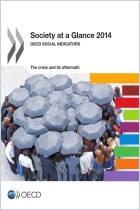
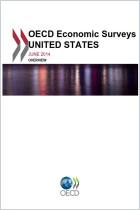
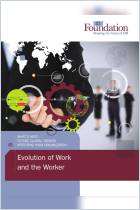
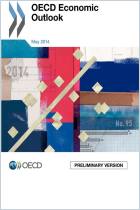
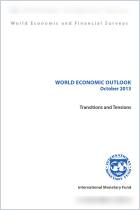
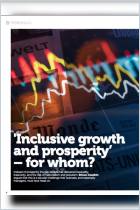


Comment on this summary or Iniciar a Discussão